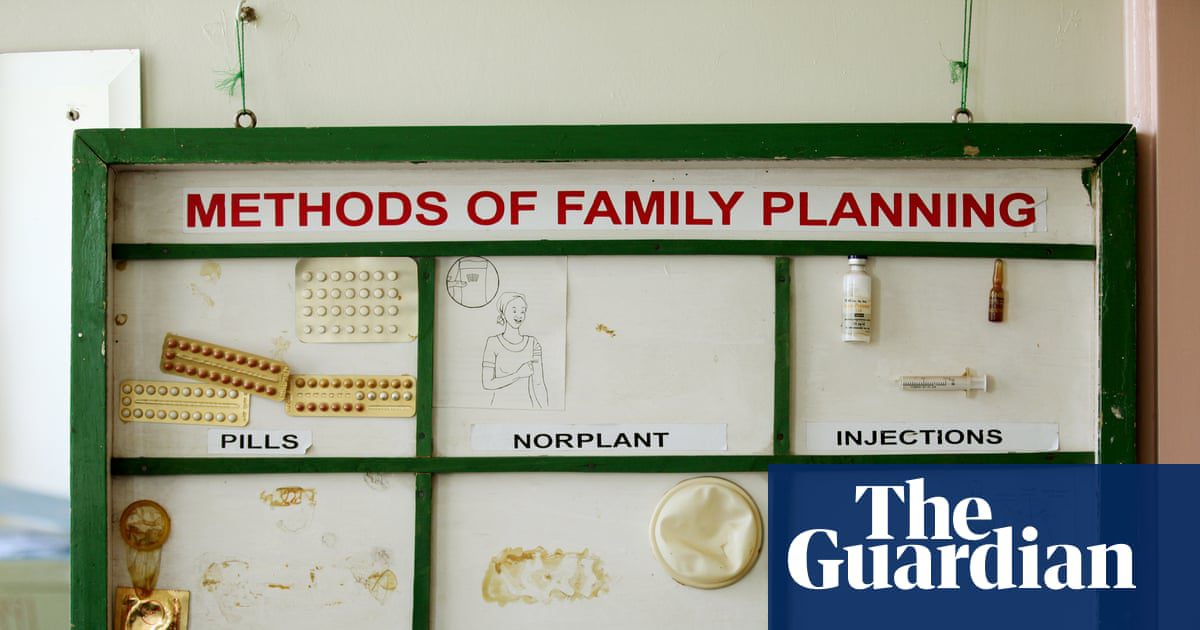A decision by the US government to incinerate more than $9.7m (£7.3m) of contraceptives is projected to result in 174,000 unintended pregnancies and 56,000 unsafe abortions in five African countries.
More than three-quarters of the contraceptives (77%) were destined for the Democratic Republic of the Congo, Kenya, Tanzania, Zambia and Mali, according to the International Planned Parenthood Federation (IPPF), an NGO global healthcare provider and advocate of sexual and reproductive rights.
The contraceptives, many of which will not expire until 2027-29, had already been manufactured, packaged and ready for distribution. IPPF offered to take them for redistribution at no cost to the US taxpayer, but the offer was declined.
Their destruction will deny more than 1.4 million women and girls in the five countries access to lifesaving care, IPPF said.
Marie Evelyne Petrus-Barry, the Africa regional director of IPPF, said: “This decision to destroy ready-to-use commodities is appalling and extremely wasteful. These lifesaving medical supplies were destined to countries where access to reproductive care is already limited, and in some cases, part of a broader humanitarian response, such as in the DRC. The choice to incinerate them is unjustifiable.”
As a result of the decision, more than 1m injectable contraceptives and 365,100 implants will not be distributed in Tanzania, 28% of the total annual need in the country.
Dr Bakari, a project coordinator at Umati, IPPF’s member association in Tanzania, said: “We are facing a major challenge. The impact of the USAID funding cuts has already significantly affected the provision of sexual and reproductive health services in Tanzania, leading to a shortage of contraceptive commodities, especially implants. This shortage has directly impacted clients’ choices regarding family planning uptake.”
In Mali, women will be denied access to 1.2m oral contraceptives and 95,800 implants, amounting to almost a quarter (24%) of the country’s annual need.
In Zambia, women will go without 48,400 implants and 295,000 injectable contraceptives, while in Kenya 108,000 women will not have access to contraceptive implants.
Nelly Munyasia, the executive director for the Reproductive Health Network in Kenya, said the impact of USAID cuts was already being felt in the country. Stockpiles of long-term contraceptives had already run out, she said, which will have drastic consequences on women’s health and their sexual and reproductive…
Disclaimer
We strive to uphold the highest ethical standards in all of our reporting and coverage. We 5guruayurveda.com want to be transparent with our readers about any potential conflicts of interest that may arise in our work. It’s possible that some of the investors we feature may have connections to other businesses, including competitors or companies we write about. However, we want to assure our readers that this will not have any impact on the integrity or impartiality of our reporting. We are committed to delivering accurate, unbiased news and information to our audience, and we will continue to uphold our ethics and principles in all of our work. Thank you for your trust and support.
Website Upgradation is going on. For any glitch kindly connect at 5guruayurveda.com



